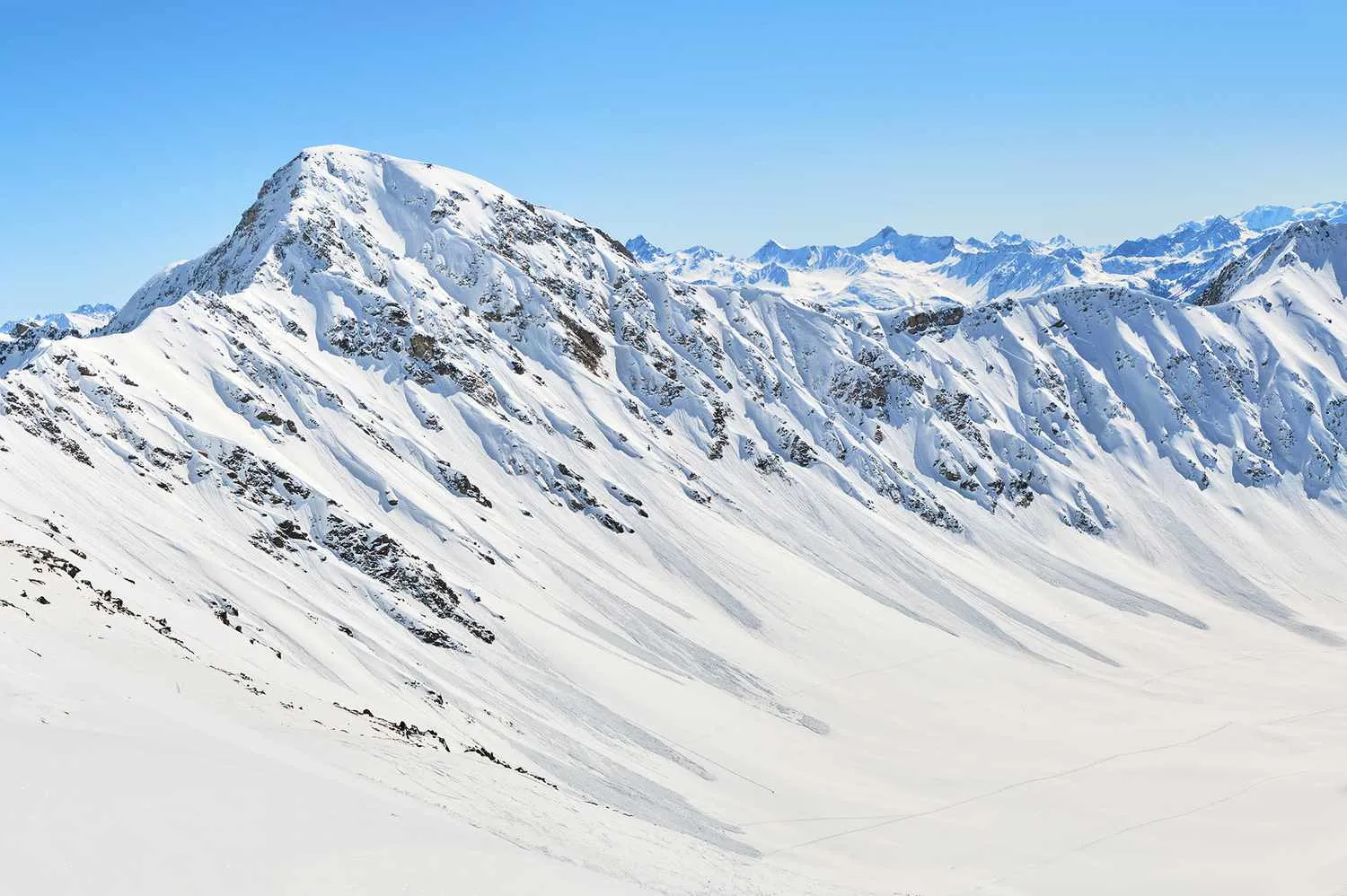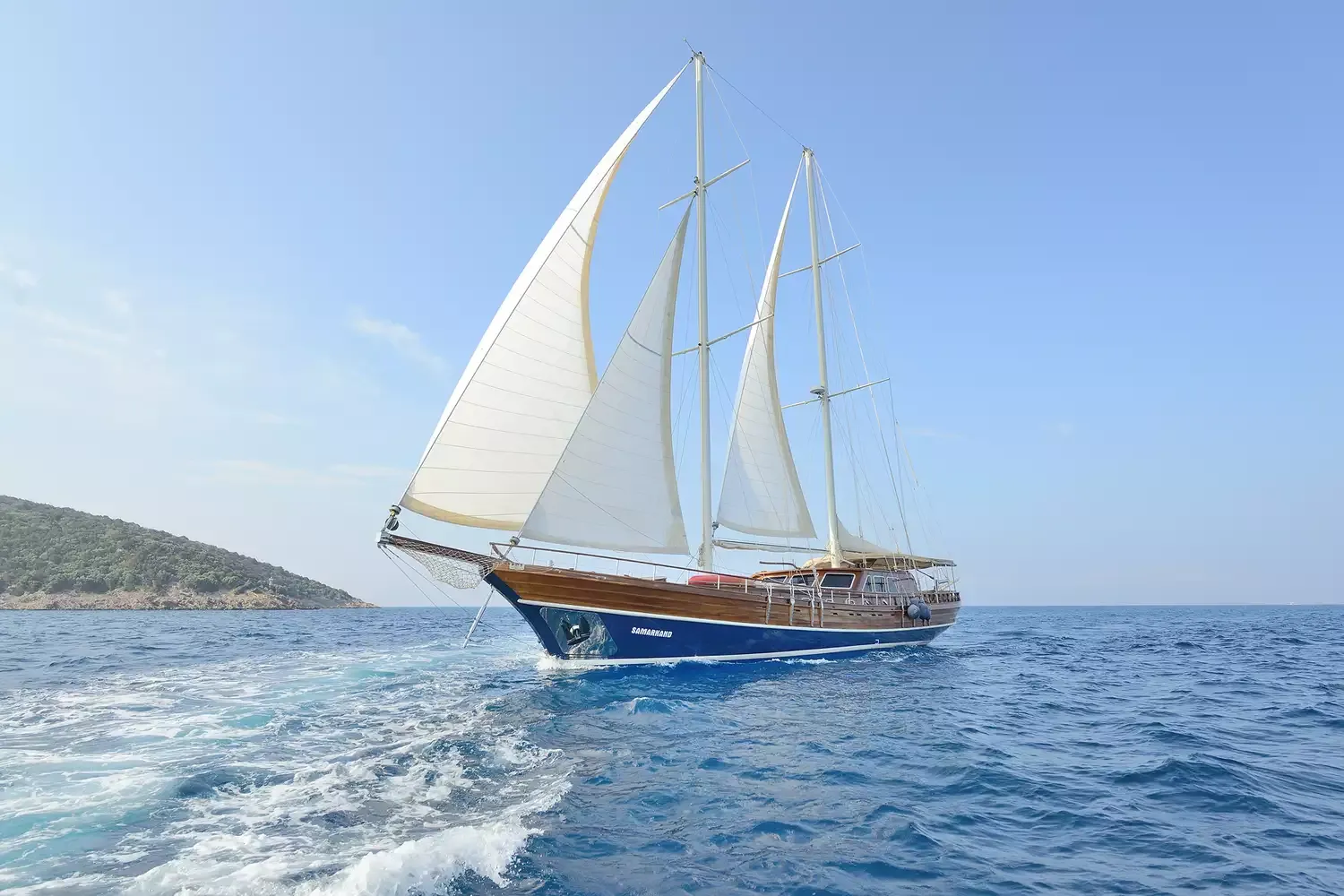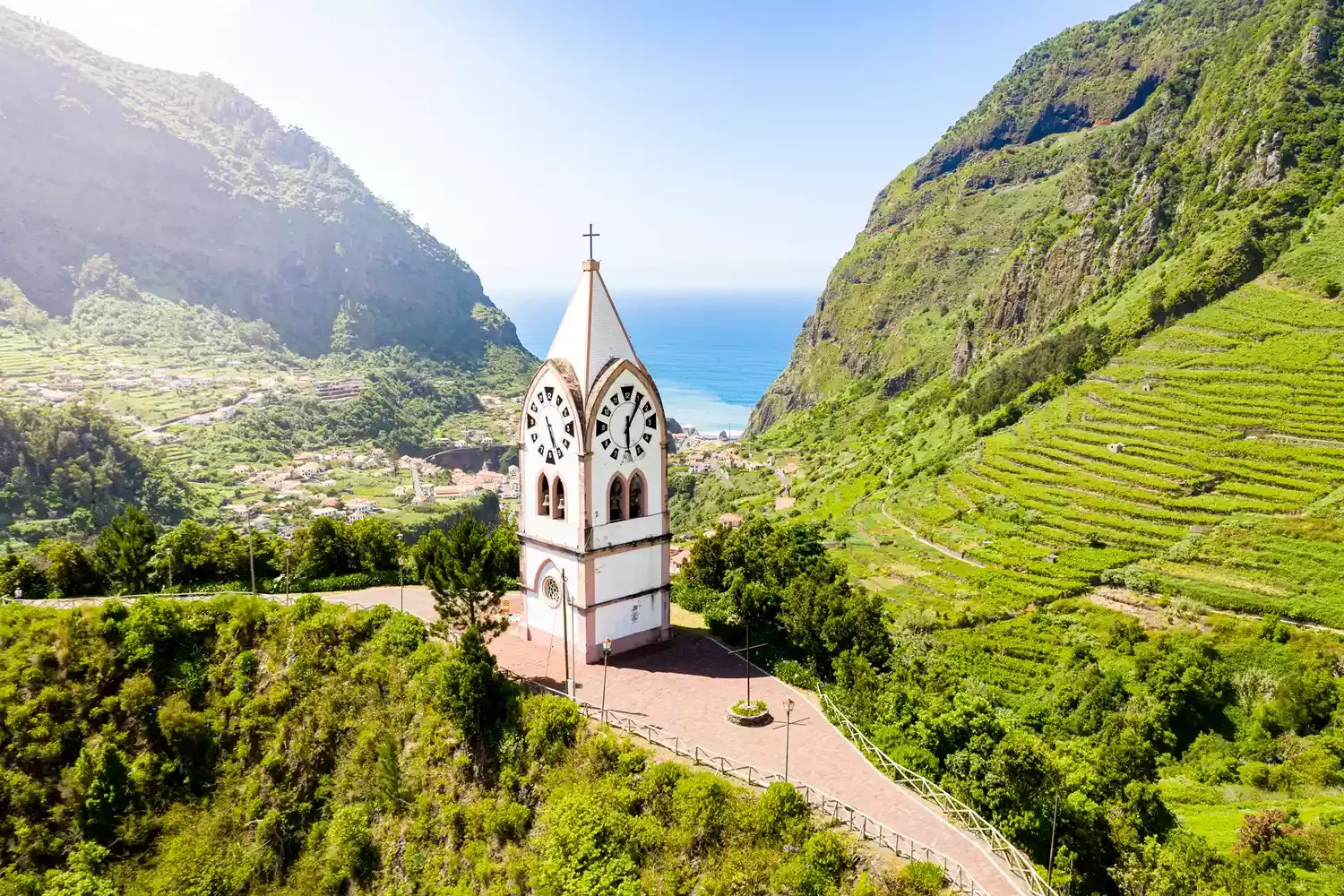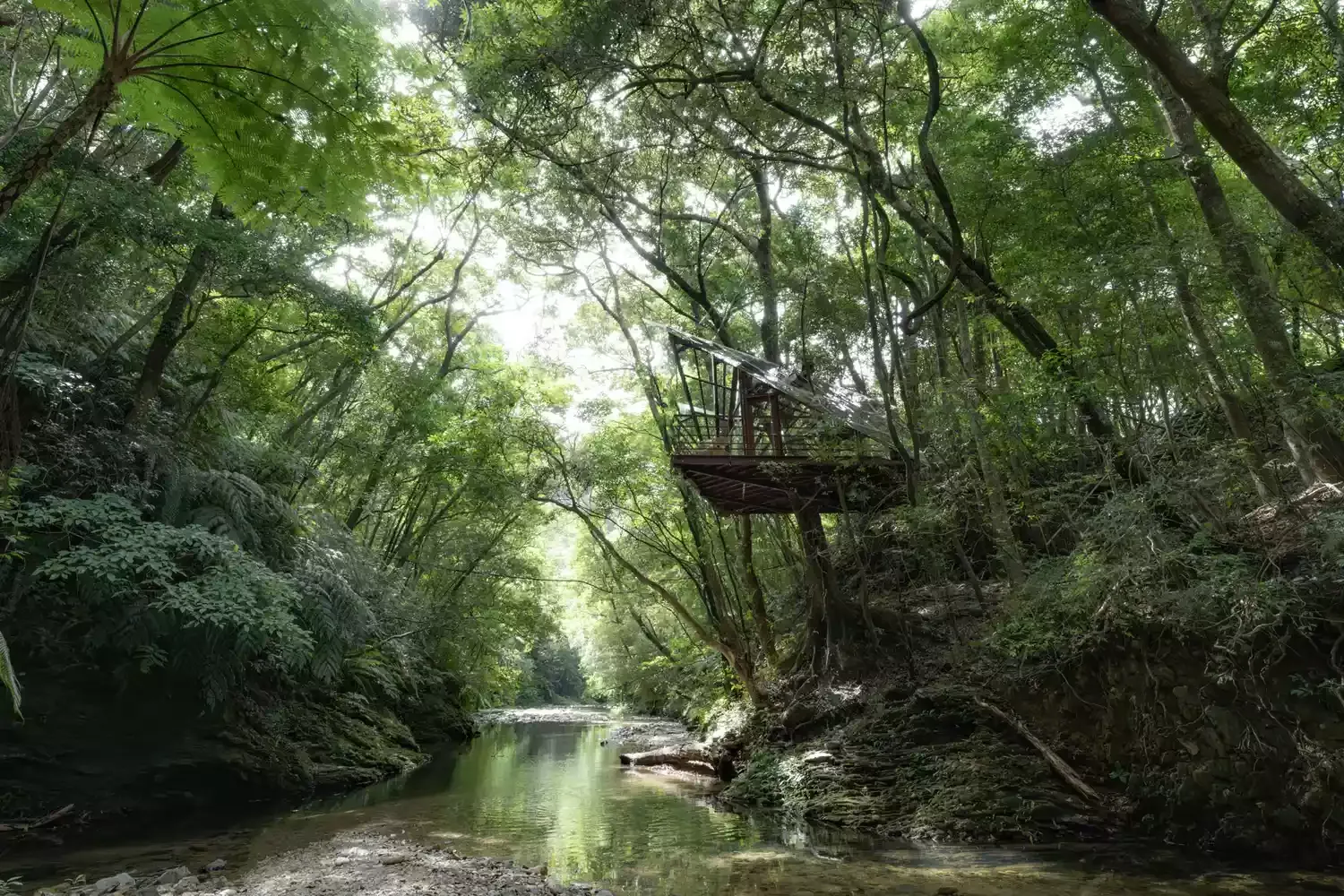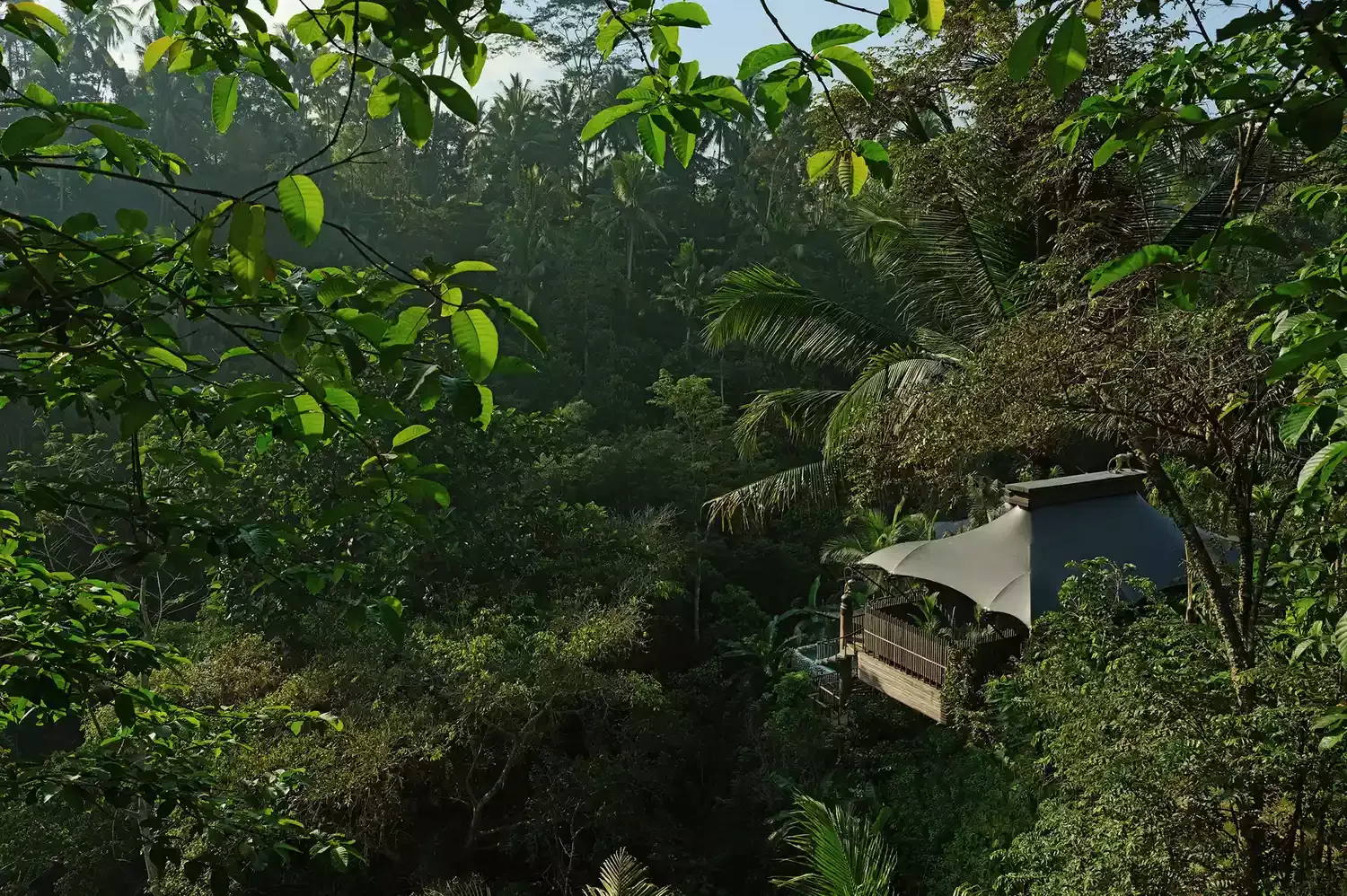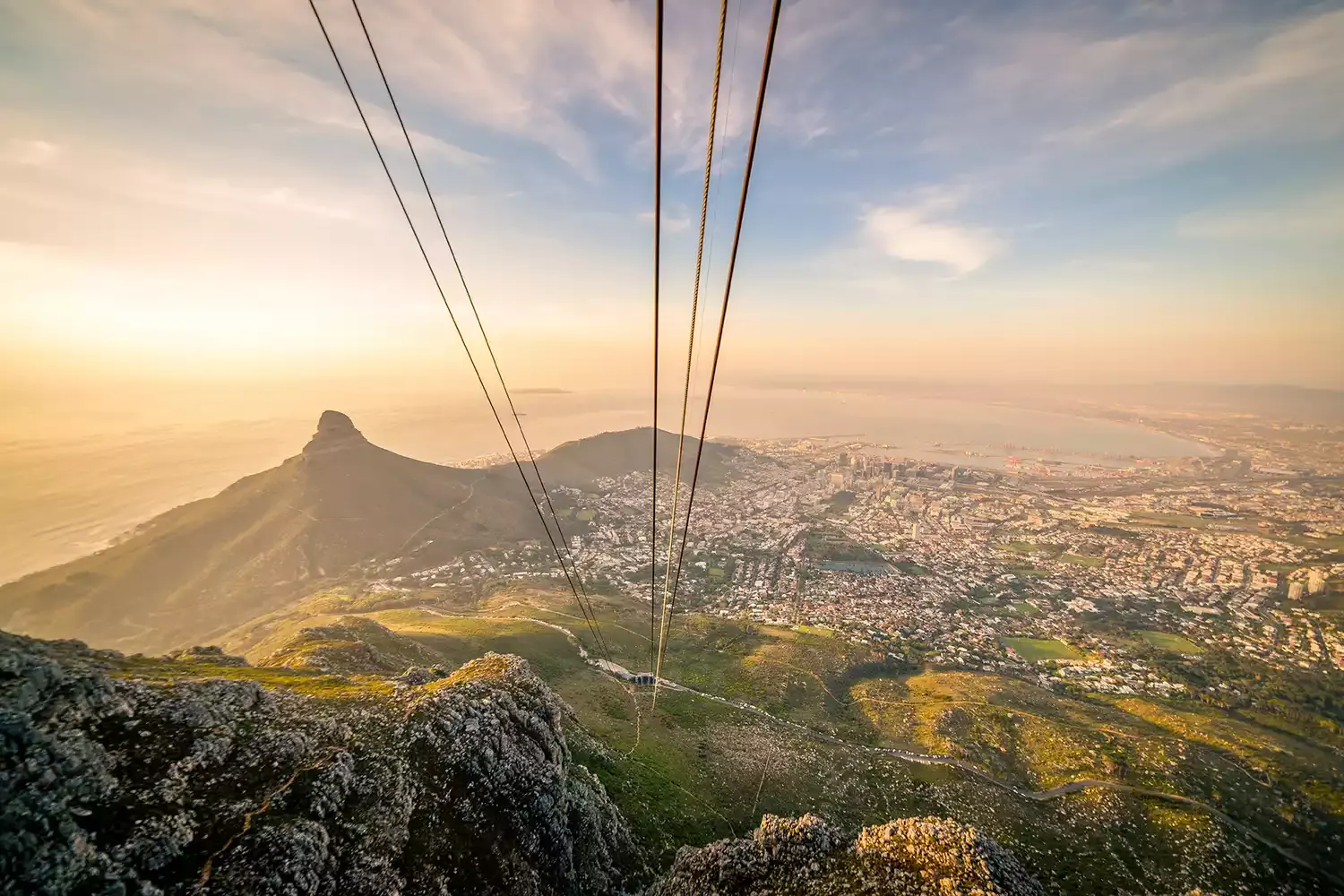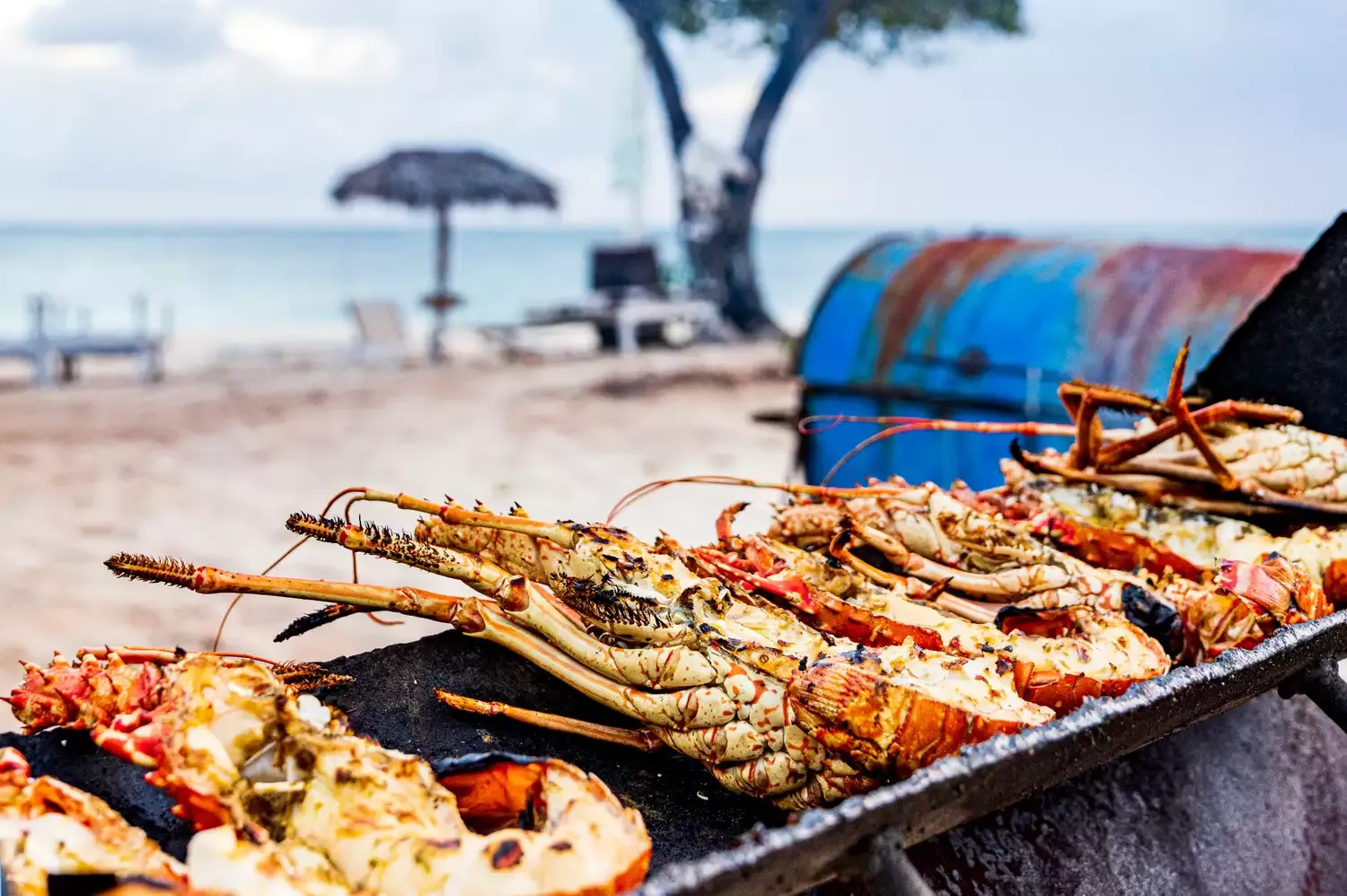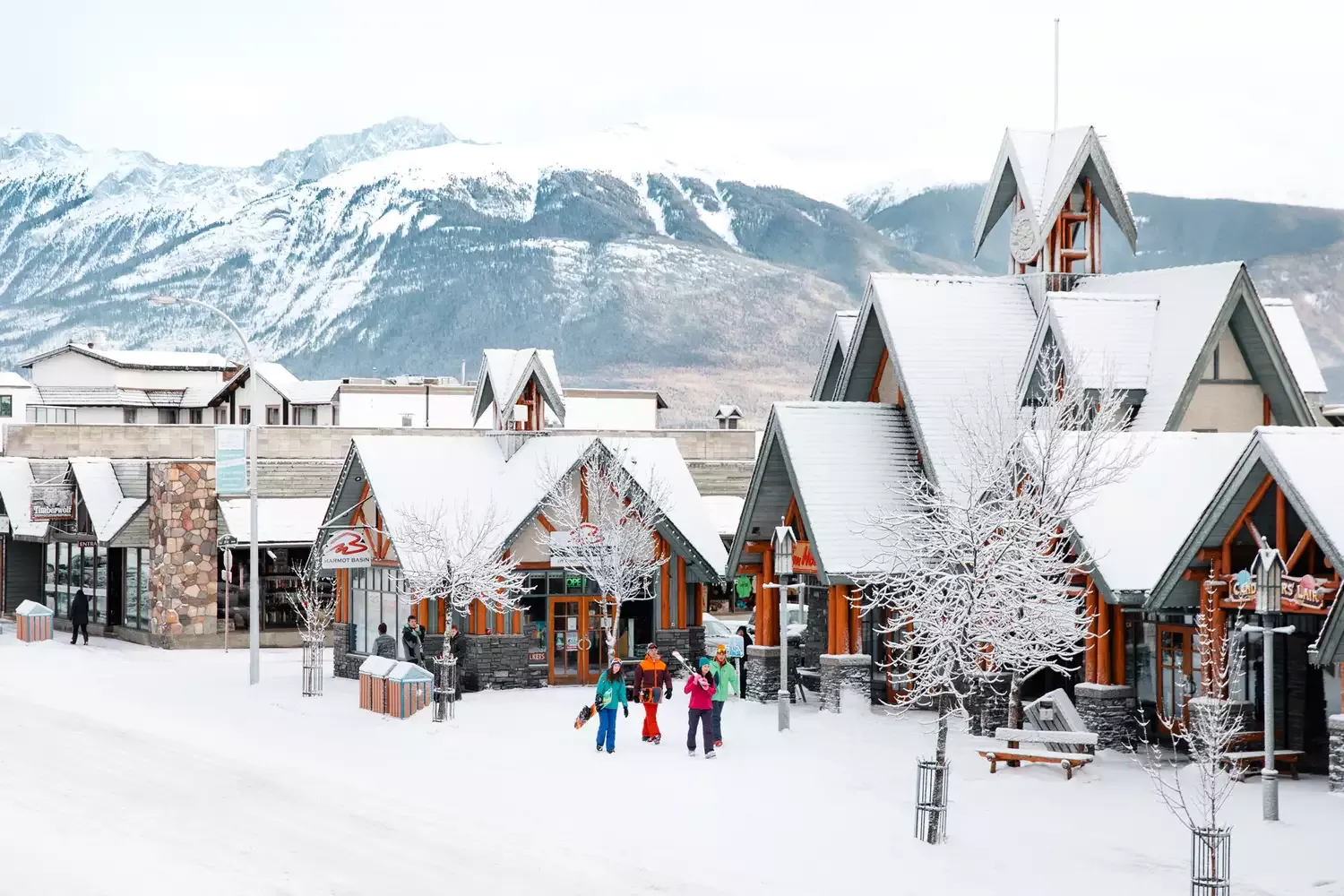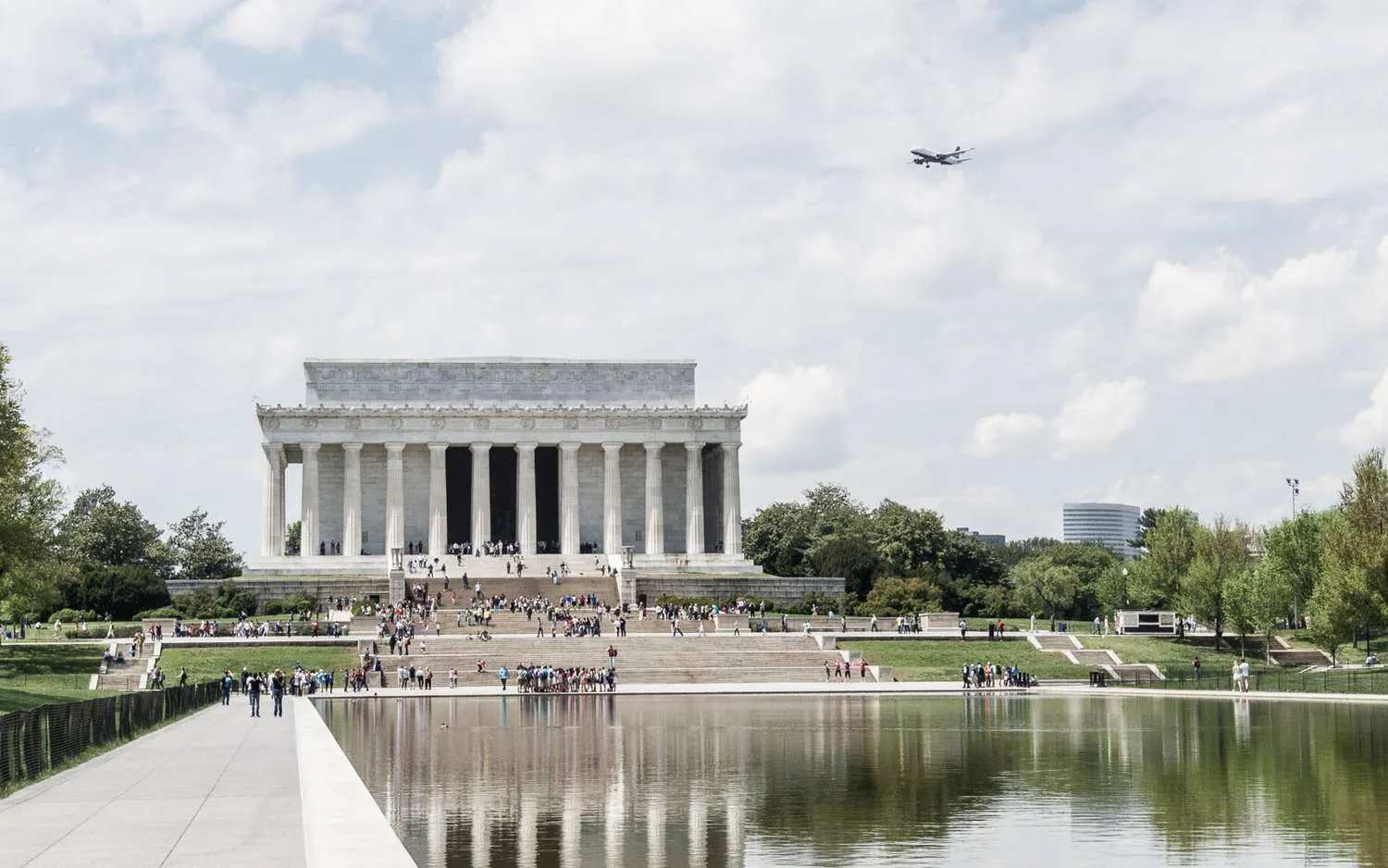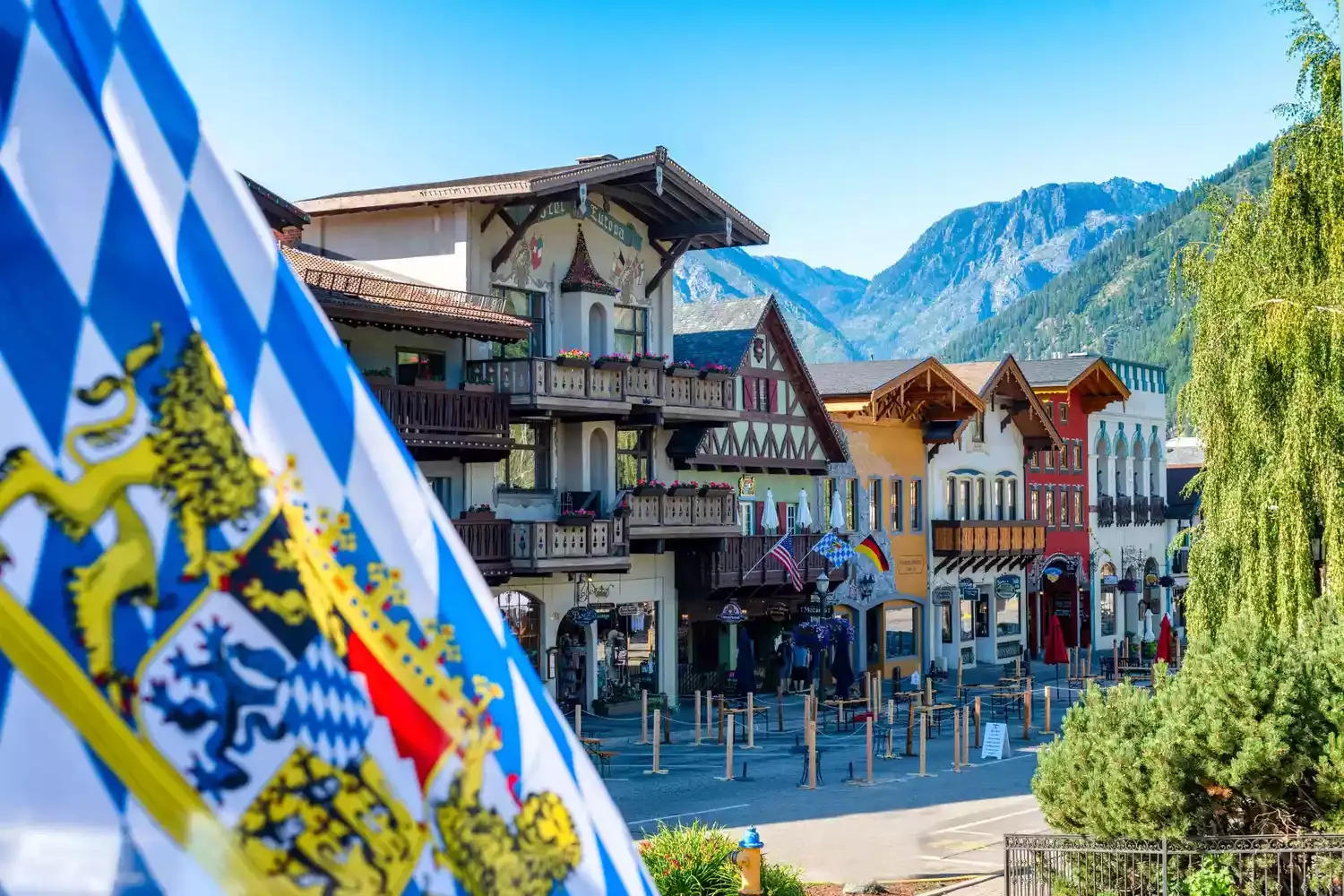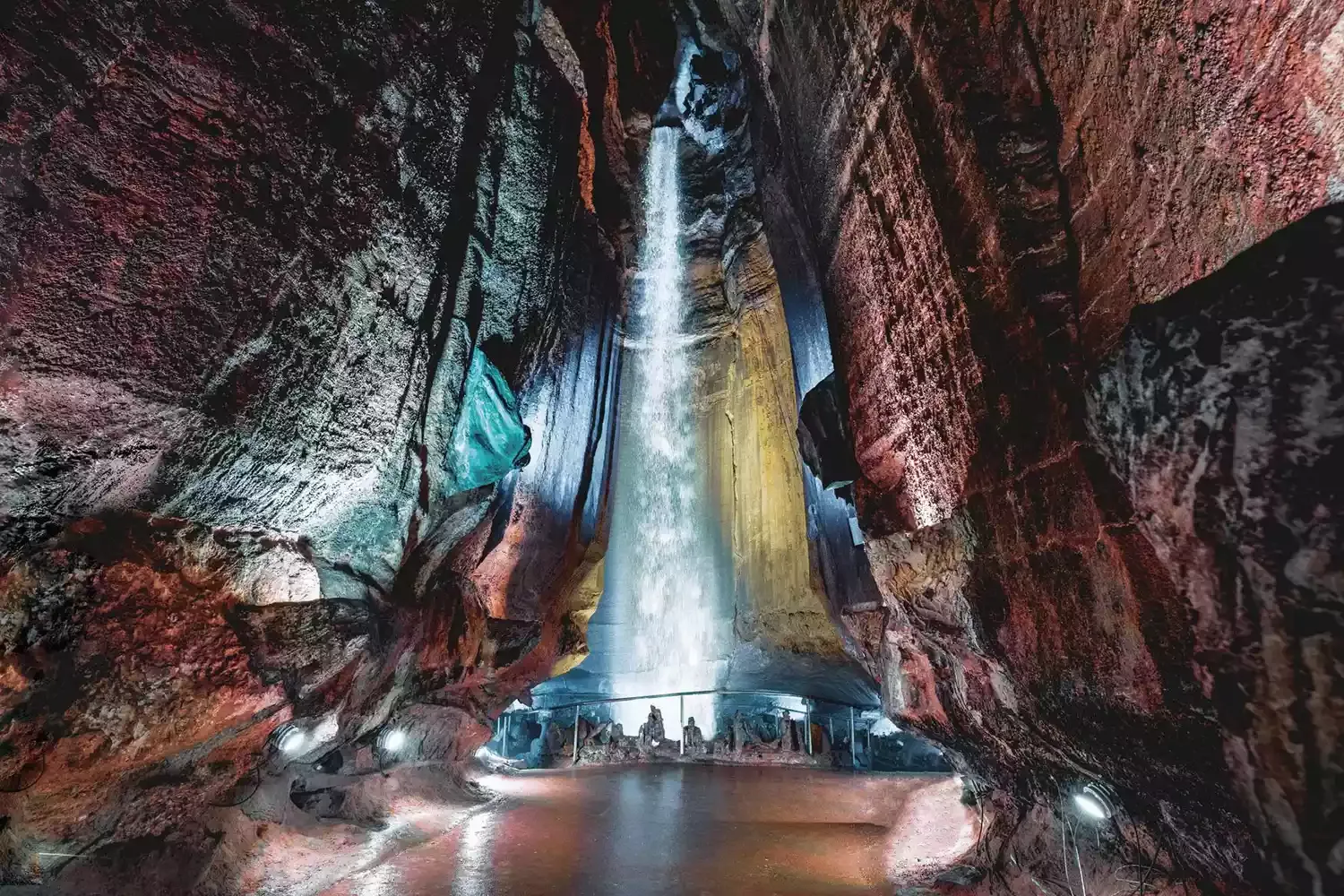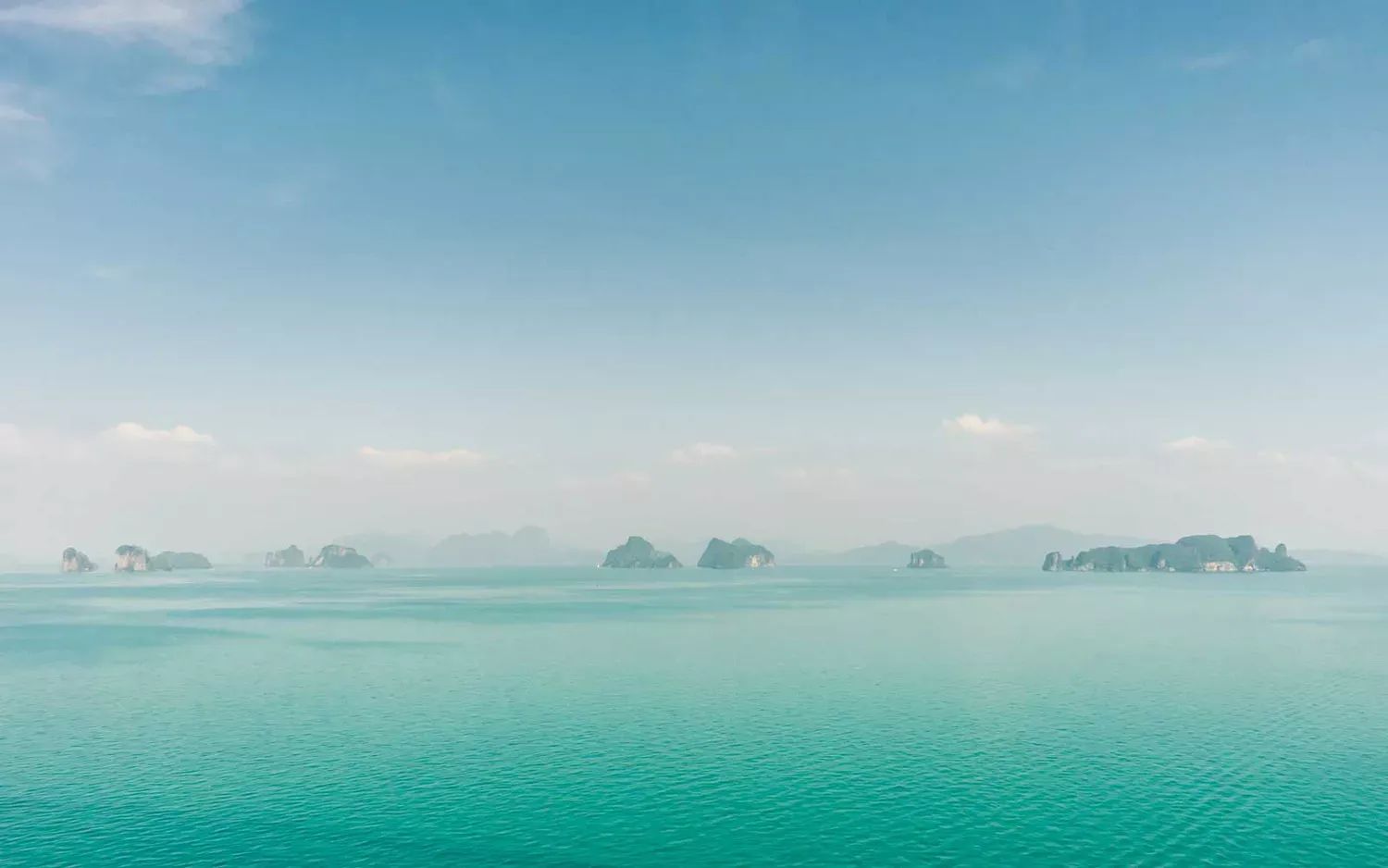
Sentinelese people inhabit North Sentinel Island and vehemently reject all contact with the outside world. Their isolation has preserved their unique culture and way of life for millennia. To protect the indigenous population from diseases to which they have no immunity and to respect their autonomy, visits are strictly prohibited by the Indian government.
The Sentinelese: A People Apart
The Sentinelese are believed to have inhabited North Sentinel Island for tens of thousands of years, possibly since the Paleolithic era. Their language, culture, and traditions remain largely unknown, as attempts to study them have been met with hostility. What little we know comes from brief observations from a distance. They are thought to be hunter-gatherers, relying on fishing, hunting, and foraging for sustenance. They possess knowledge of the island's resources and have developed sophisticated tools and weapons, including bows and arrows, spears, and canoes.
Why Are Visitors Banned? The Risks and Realities
The Indian government has implemented a strict ban on travel to North Sentinel Island, primarily to protect both the Sentinelese and potential visitors. Several compelling reasons underpin this policy:
Disease Transmission: The most significant risk is the transmission of diseases to which the Sentinelese have no immunity. Even common illnesses like the flu or a cold could devastate the tribe. Isolation has meant they have not developed the necessary antibodies to fight off foreign pathogens.
Potential for Conflict: The Sentinelese have made it abundantly clear that they do not welcome outsiders. Past encounters have resulted in violence, including the deaths of fishermen and a missionary who attempted to contact them. Attempting to force contact could lead to further bloodshed.
Preservation of Culture: Contact with the outside world would inevitably disrupt the Sentinelese way of life. Introducing modern technology, ideas, and values could erode their traditional culture and social structures. The ban aims to allow them to live as they have for centuries, undisturbed by external influences.
Legal Considerations: While the Indian government technically claims sovereignty over the island, enforcing laws and regulations there is virtually impossible due to the tribe's hostility and the island's isolation. Any attempt to intervene could have unintended and potentially disastrous consequences.
Historical Attempts at Contact: A Troubled Past
Throughout history, there have been several attempts to contact the Sentinelese, most of which have been unsuccessful or have ended in conflict. In the late 19th century, British administrator Maurice Vidal Portman led expeditions to the island, but these were largely unproductive and involved kidnapping some of the Sentinelese, who quickly fell ill and died. In recent decades, the Indian government has made sporadic attempts to establish friendly contact, primarily by leaving gifts on the beach, but these efforts have been largely abandoned due to the tribe's persistent hostility.
The Current Policy: Hands-Off Approach
The Indian government's current policy is one of non-interference. They maintain a strict exclusion zone around the island, patrolled by the coast guard, to prevent unauthorized access. The focus is on observation from a distance and ensuring the Sentinelese are left to their own devices. While some argue that attempts should be made to integrate the tribe into modern society, the consensus among experts is that the risks of doing so far outweigh the potential benefits. The priority is to protect the Sentinelese from harm and allow them to determine their own future.
Consequences of Violating the Ban
Violating the ban on travel to North Sentinel Island is a serious offense under Indian law. Individuals who attempt to land on the island face arrest, prosecution, and potentially imprisonment. Furthermore, they risk inciting violence from the Sentinelese, which could result in serious injury or death. The Indian government takes the protection of the Sentinelese and the enforcement of the exclusion zone very seriously.
Understanding the Legal Landscape
The legal framework governing North Sentinel Island is complex and somewhat ambiguous. While the island is legally part of India, the government's ability to enforce its laws there is limited. The Andaman and Nicobar Islands Protection of Aboriginal Tribes Regulation (ANPATR) of 1956 is designed to protect the indigenous tribes of the islands, including the Sentinelese. This regulation prohibits entry into tribal reserves without permission and is the legal basis for the exclusion zone around North Sentinel Island. However, the effectiveness of this regulation is dependent on the government's ability to patrol and monitor the area, which is a significant challenge due to the island's remoteness and the tribe's hostility.
Key Facts and Figures
Here's a quick overview of some key information:
Aspect |
Details |
|---|
Location |
Bay of Bengal, part of the Andaman and Nicobar Islands (India) |
Inhabitants |
The Sentinelese tribe, estimated to be between 50 and 150 individuals |
Official Policy |
Strict exclusion zone, no contact policy |
Reasons for Ban |
Disease prevention, conflict avoidance, cultural preservation, legal considerations |
Main Risks |
Introduction of diseases, potential for violence, disruption of Sentinelese culture |
Conclusion: Respecting Isolation
North Sentinel Island serves as a stark reminder of the importance of respecting the autonomy and cultural integrity of isolated communities. The ban on travel to the island is not simply a matter of law enforcement; it is a moral imperative to protect a vulnerable population from the dangers of the outside world. By maintaining a hands-off approach, we can allow the Sentinelese to continue their way of life on their own terms, ensuring their survival and preserving their unique cultural heritage. The isolation of North Sentinel Island is, ironically, the key to its survival.



